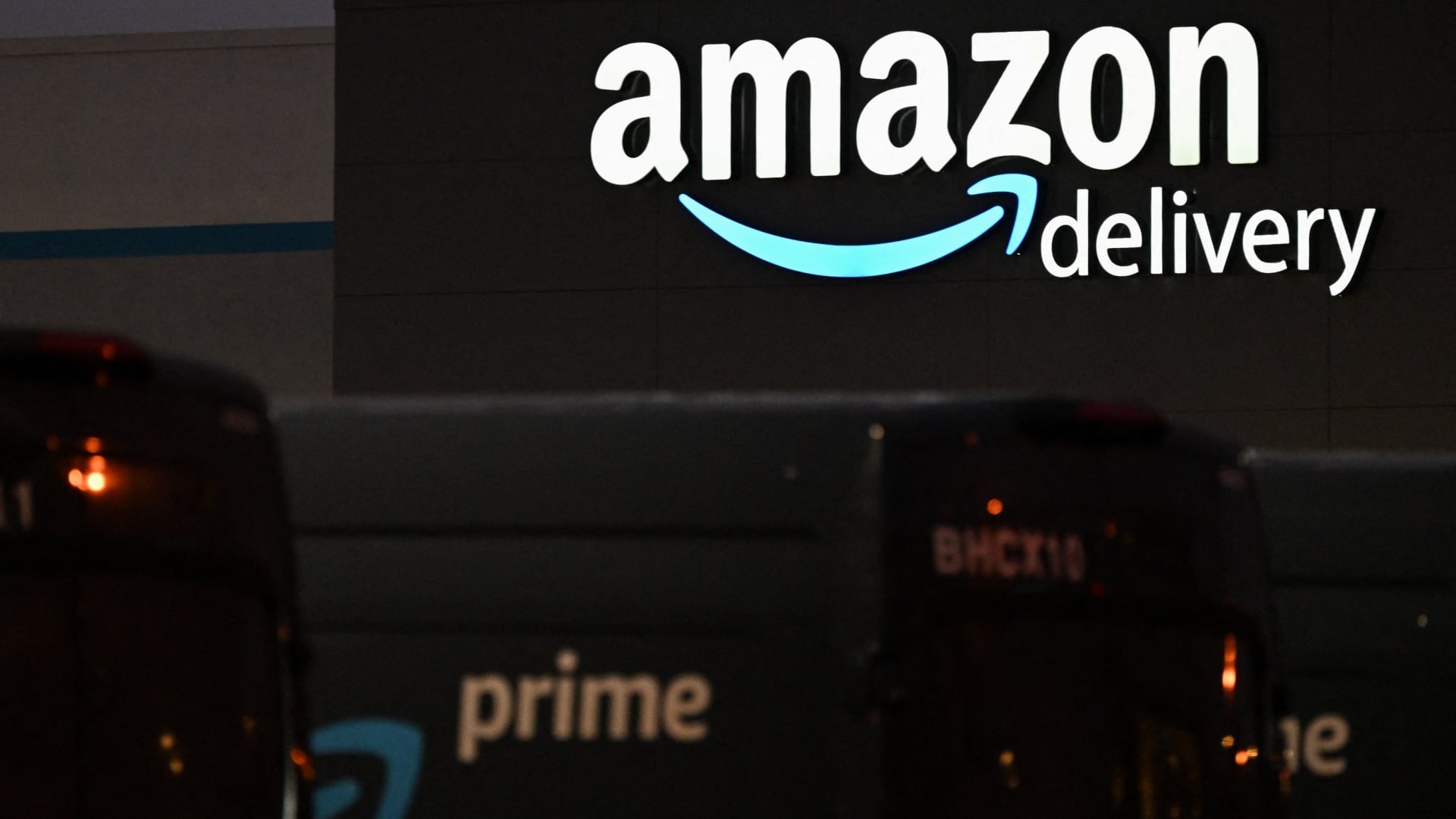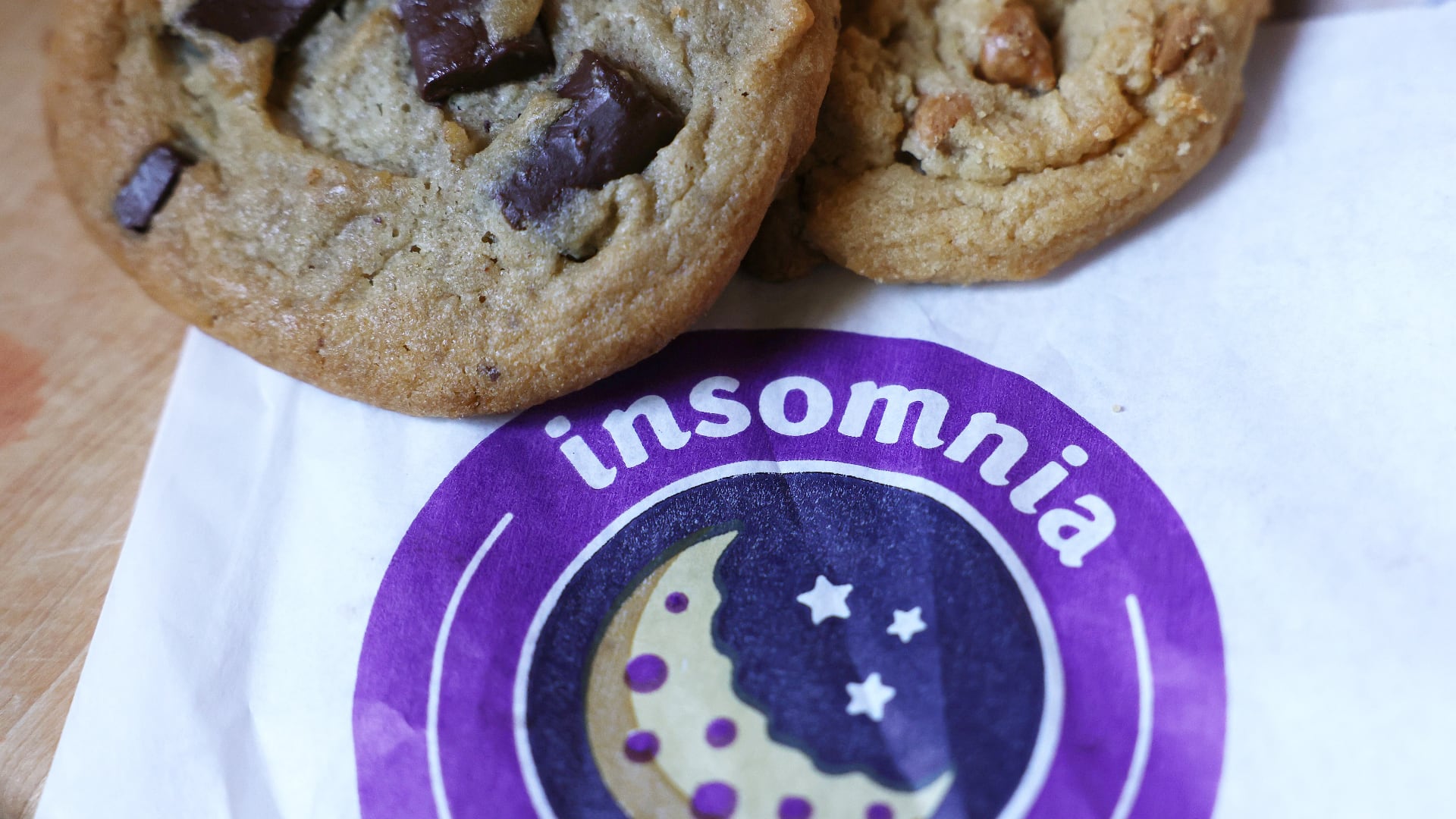Stocks closed higher on Wall Street Thursday as traders were encouraged to see a bipartisan deal on infrastructure spending as well as some positive reports on the economy.
The S&P 500 marked another record high, beating the peak it set early last week. Stocks added to their gains in the afternoon after President Joe Biden announced the infrastructure deal, which is sure to benefit companies in the construction industry.
Chris Zaccarelli, chief investment officer for Independent Advisor Alliance, said the proposed agreement is favorable for industrials, financials and energy stocks, although “the general re-opening of the economy and renewed, post-Covid-19 economic growth is the most likely driver” of the market going forward.
The S&P 500 index rose 24.65 points, or 0.6%, to 4,266.49. The Dow Jones Industrial Average rose 322.58 points, or 1%, to 34,196.82. The Nasdaq added 97.98, or 0.7%, to 14,369.71.
Small-company stocks did much better than the rest of the market. The Russell 2000 index climbed 30.15 points, or 1.3%, to 2,333.62.
Major indexes rose further after President Biden announced the infrastructure deal. The plan, which will cost $973 billion over five years, is the culmination of months of talks on both sides of the aisle. Biden's larger spending plan is still possible later this year.
Biden announced the infrastructure deal Thursday afternoon at the White House. Analysts have said that any effort to rebuild the nation’s roads, bridges and other infrastructure could send the stocks of companies that make machinery and materials higher. Caterpillar rose 2.6% and Vulcan Materials gained 3.3%.
Markets have calmed since the Federal Reserve surprised investors last week by saying it could start raising short-term interest rates by late 2023, earlier than expected, if recent high inflation persists.
The super-low rates the Fed engineered to carry the economy through the pandemic have propped up prices across markets, and any change would be a big deal, so the Fed’s announcement triggered selling of stocks and a rise in Treasury yields last week. However that selling reversed this week. The three major indexes are all up more than 2% this week and are once again near records.
Investors had little negative reaction to a report that showed that 411,000 Americans filed for unemployment benefits last week, down 7,000 from the week before. That was a much more modest decline than investors had expected, and the second week in a row where unemployment benefits claims stalled after declining steadily for months.
Meanwhile, orders to U.S. factories for big-ticket manufactured goods rose for the 12th time in the last 13 months in May, pulled up by surging demand for civilian aircraft. The Commerce Department said Thursday that orders for durable goods — meant to last at least three years — climbed 2.3% in May, reversing a 0.8% drop in April and coming despite a backlogged supply chain and a shortage of workers.
The yield on the 10-year Treasury note edged up to 1.49% from 1.48%, late Wednesday.
Rite Aid plunged 14.5% after the drug store chain said it expects to report a loss for the year, due to pressure on its pharmacy benefits services and lower-than-expected sales.
Eli Lilly rose 7.3% after the Food and Drug Administration gave expedited approval to the drugmaker's experimental Alzheimer's treatment.
BuzzFeed announced it would go public with an implied value of $1.5 billion through a merger with a special purpose acquisition company. The media company will trade under the ticker BZFD but has not chosen a stock exchange yet.
Updated on June 24, 2021, at 4:34 p.m. ET.













